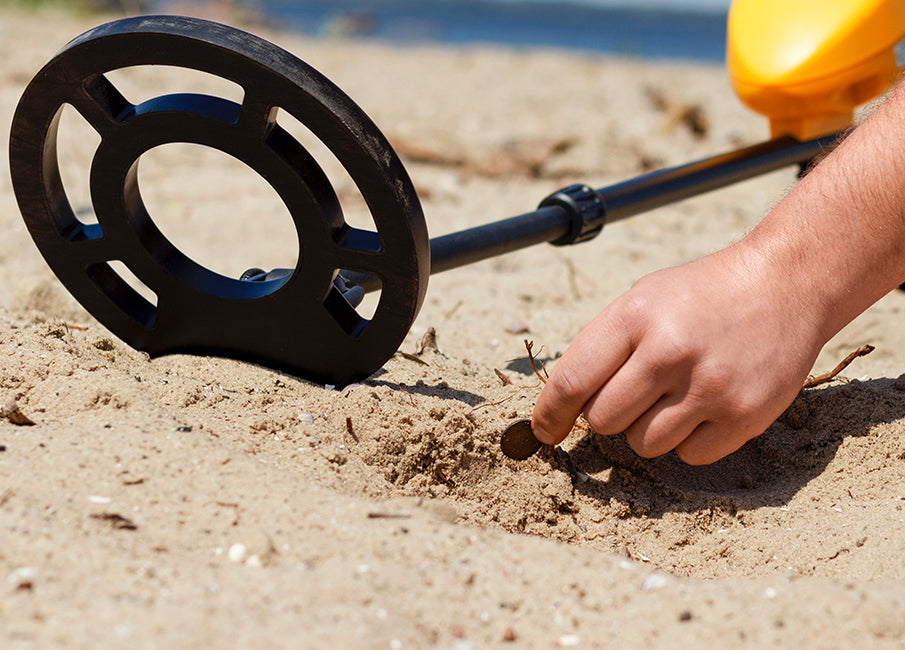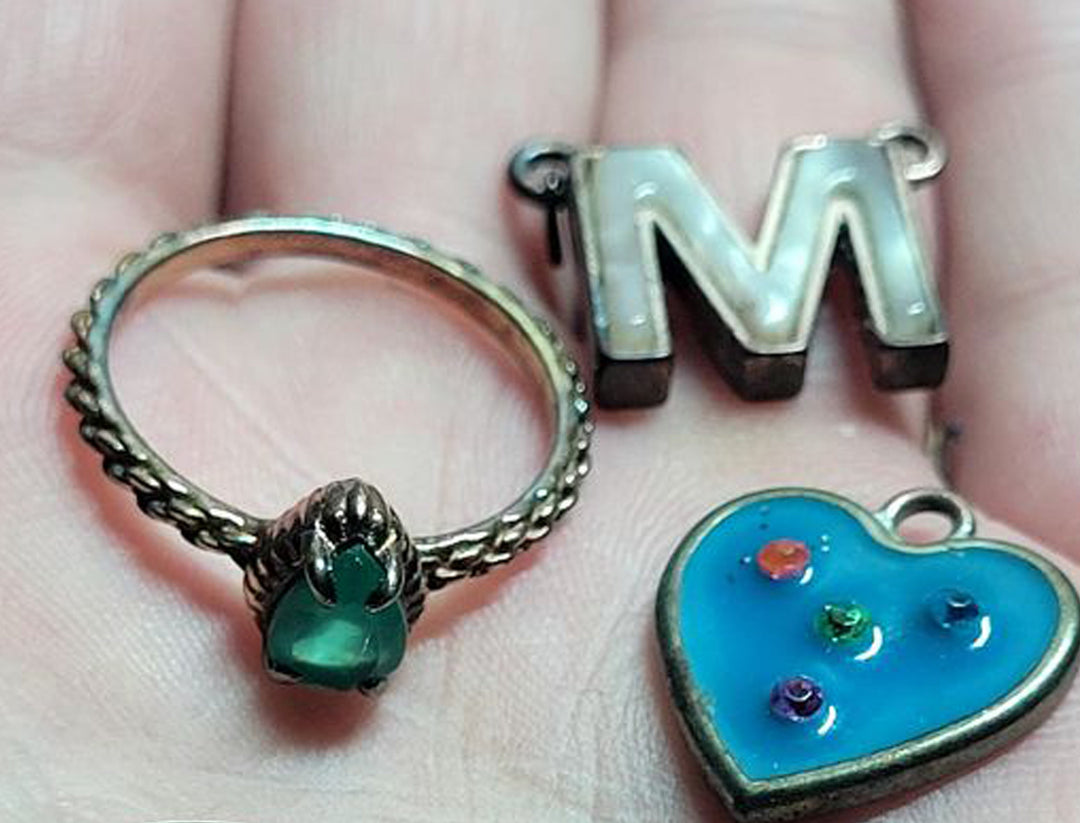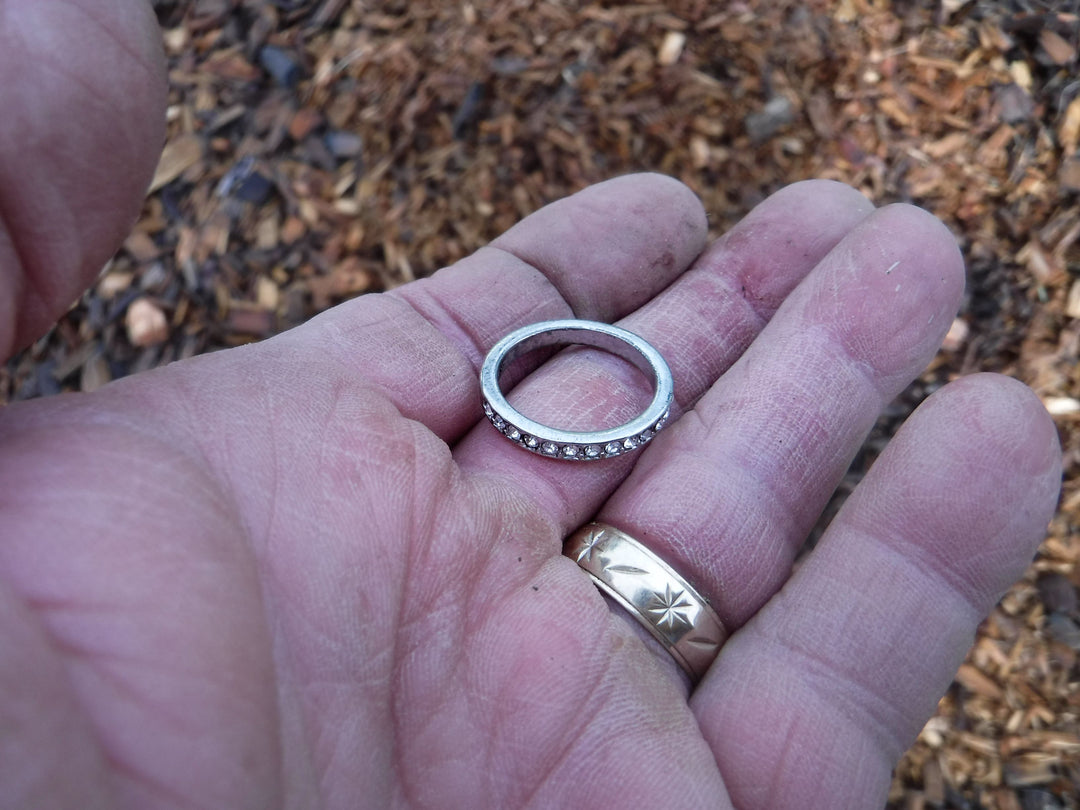Exploring the Riches - A Guide to Metal Detecting on Your Local Beaches
Beaches across the United States offer diverse conditions for metal-detecting enthusiasts. To make the most of your beach hunting experience, it's important to familiarize yourself with the unique characteristics of the beaches near you. Here are some simplified insights to help you understand and optimize your metal-detecting adventures.
Observing Your Local Beach
When you approach a new beach, take your time to observe the surroundings. Pay attention to the topography, beach layout, and popular areas where people gather. Understanding these key points will guide your approach and increase your chances of finding valuable items.
US East Coast vs. West Coast Beaches
East Coast beaches, like those along the Atlantic, often have a humid climate and finer sand with fewer rocks. In contrast, west coast beaches, such as those along the Pacific, tend to have warmer and drier weather, rockier soil, and more mineralized conditions. Ensure your metal detector is capable of handling the tough soil conditions on the west coast, especially if you're searching for gold nuggets.
Texas Coastal Beaches
Texas offers nearly 400 miles of coastline for metal-detecting enthusiasts. The sand on Texas beaches appears darker and may have a slightly muddy appearance due to the presence of brown clay and dark minerals like charcoal. Don't be deterred by its appearance as there are plenty of sandy areas to explore.
Florida Beaches - East Coast vs. West Coast
Florida's beaches on the east coast consist of a mixture of seashells, pebbles, and other ocean sediments, while the beaches on the west coast are predominantly composed of white quartz crystals. Each coast offers unique metal detecting opportunities, so be prepared to uncover a variety of treasures.
Hawaiian Beaches
Hawaii's beaches showcase the effects of volcanic activity. The sand on these beaches is predominantly made up of carbonate shells since quartz is not found on the islands. Be aware that metal detecting in Hawaii can present extreme conditions. From the stunning green-colored Papakolea Beach, where olivine creates a captivating sight, to the black sand of Punalu'u Beach, formed by volcanic lava flows, Hawaii offers a unique metal detecting experience.
By understanding the characteristics of your local beaches, you can optimize your metal-detecting efforts and increase your chances of finding valuable items. So grab your metal detector and embark on an exciting adventure right in your own backyard!
Observing Your Local Beach
When you approach a new beach, take your time to observe the surroundings. Pay attention to the topography, beach layout, and popular areas where people gather. Understanding these key points will guide your approach and increase your chances of finding valuable items.
US East Coast vs. West Coast Beaches
East Coast beaches, like those along the Atlantic, often have a humid climate and finer sand with fewer rocks. In contrast, west coast beaches, such as those along the Pacific, tend to have warmer and drier weather, rockier soil, and more mineralized conditions. Ensure your metal detector is capable of handling the tough soil conditions on the west coast, especially if you're searching for gold nuggets.
Texas Coastal Beaches
Texas offers nearly 400 miles of coastline for metal-detecting enthusiasts. The sand on Texas beaches appears darker and may have a slightly muddy appearance due to the presence of brown clay and dark minerals like charcoal. Don't be deterred by its appearance as there are plenty of sandy areas to explore.
Florida Beaches - East Coast vs. West Coast
Florida's beaches on the east coast consist of a mixture of seashells, pebbles, and other ocean sediments, while the beaches on the west coast are predominantly composed of white quartz crystals. Each coast offers unique metal detecting opportunities, so be prepared to uncover a variety of treasures.
Hawaiian Beaches
Hawaii's beaches showcase the effects of volcanic activity. The sand on these beaches is predominantly made up of carbonate shells since quartz is not found on the islands. Be aware that metal detecting in Hawaii can present extreme conditions. From the stunning green-colored Papakolea Beach, where olivine creates a captivating sight, to the black sand of Punalu'u Beach, formed by volcanic lava flows, Hawaii offers a unique metal detecting experience.
By understanding the characteristics of your local beaches, you can optimize your metal-detecting efforts and increase your chances of finding valuable items. So grab your metal detector and embark on an exciting adventure right in your own backyard!





